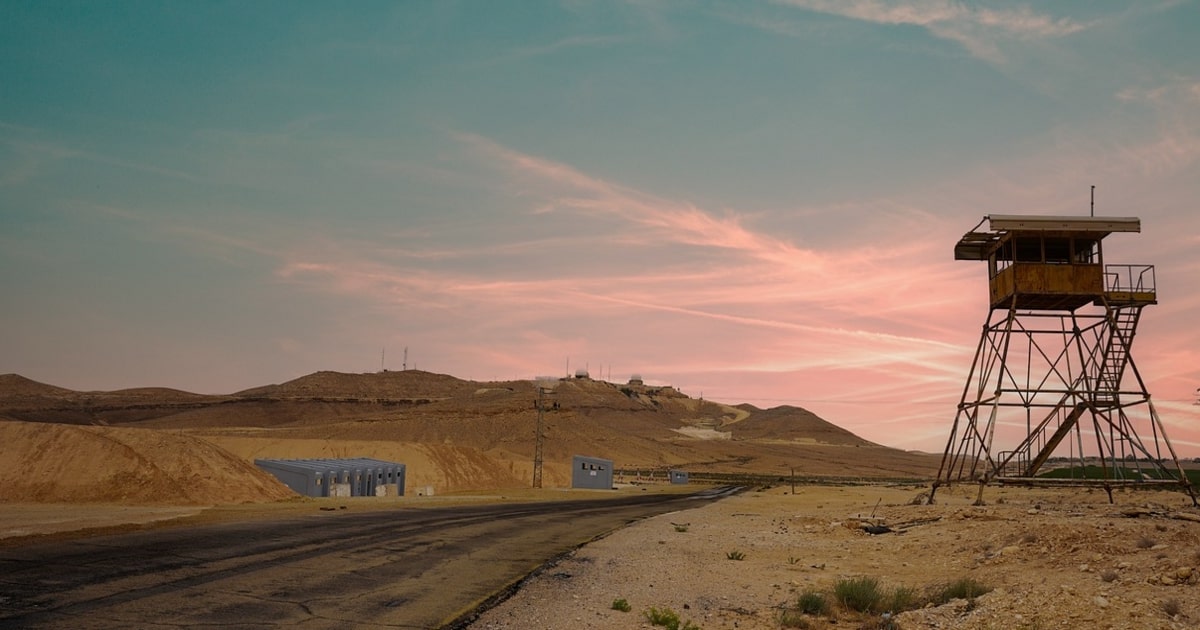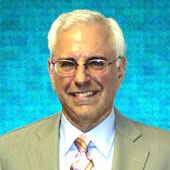When the Talent Leaves
What’s stopping the most talented workers from taking the elevator out of the building and hopping a plane to San Jose?
April 4, 2013

A country’s industrial strength used to be measured by how many hard and fixed assets it had, such as steel mills, oil wells or coal mines. Today, a nation’s potential is as likely to be measured by the percentage of that country’s economy that replicates Silicon Valley.
Unlike steel mills, however, the key assets of the knowledge-based industries are no longer fixed assets. They are well-trained, creative people who can be very mobile.
Engineers, entrepreneurs and other highly skilled people can easily get on an elevator in their building, go to the ground floor and walk out — if the political climate in the country they currently live in becomes too arduous or the rule of law too weak.
This is neither an elite concern, nor is it an abstract one. Economists and business executives call such highly mobile human assets “elevator assets.”
In a world where a nation’s rival is also its joint venture partner, where economic sustainability and competition for markets and technology are determinants of success, the proper maintenance of these “elevator assets” is vital to a nation’s future.
The control of knowledge-based capital has always been an important consideration in international rivalries between nations.
There are few better examples of this than when the United States and the Soviet Union competed with each other to “capture/attract” various German scientists at the end of World War II, such as the renowned rocket scientist Wernher von Braun.
The difference today is that, with the fusion of technology and globalization, countries are much more dependent than ever on human intellectual capital, while at the same time, this capital has become much more easily transferable and moveable.
Perhaps the best case in point is Israel. Dubbed the “Start-Up Nation” — and for all its resilience increasingly economically dependent on technology — Israel could become the first nation to see the beginnings of this covert clash between its human assets and its state policy.
Israel is rightfully proud of the many ways by which it has become the world’s second Silicon Valley. But in order to maintain that role, Jerusalem might be forced to modify its stance in negotiating with the Palestinians.
If life becomes too difficult for the engineer in Tel Aviv, if he or she becomes worried that a son or daughter during military service will confront a new intifada, it is very easy for them to take the elevator down in their building in Tel Aviv — and get on a plane to San Jose.
In essence, Israel’s technology boom is totally mercurial, dependent as much on coming to terms with Palestine as it is on its brilliant engineers.
Thus, one of the crucial issues for Israel’s politicians should no longer be how to placate the members of the various settler parties in the Knesset. Rather, it is how to ensure that the start-up nation’s engineers and entrepreneurs will not vote with their feet.
For many in Israel, the elevator election has already begun. Ran Harnevo, an Israeli high-tech entrepreneur who now lives New York, was quoted in the December 15, 2012 issue of the Israeli newspaper, Haaretz.
“The Internet has become one of the big, attractive professions,” said Ran Harnevo, an Israeli high-tech entrepreneur who now lives in New York, in an article on Israeli emigration published by Haaretz last December. “It is totally global. It can’t be managed from Israel. We would not have succeeded if we had tried to run the company from Israel.”
There are other reasons as well, Harnevo noted. “The feeling is that there is economic and political distress in Israel.”
Israel, of course, is not the only nation in this situation. It is just that the comparative rapid development of its high-tech industries and the strength that those industries represent in the economy, combined with its confrontation with Palestine, puts it in the forefront of this issue. One could easily see Russia and China being in a similar situation.
So how can these countries hang on to their elevator assets? There are four basic rules:
![]() Guarantee the rule of law over the rule of personality, group or ideology.
Guarantee the rule of law over the rule of personality, group or ideology.
![]() Keep knowledge open and transferable while protecting the rights to an idea.
Keep knowledge open and transferable while protecting the rights to an idea.
![]() Ensure peace and tranquility.
Ensure peace and tranquility.
![]() Have a private and transparent venture capital system that will make investments — and reap the benefits from those investments — based on the value of the project, not whether the project is politically well-connected.
Have a private and transparent venture capital system that will make investments — and reap the benefits from those investments — based on the value of the project, not whether the project is politically well-connected.
Although neither Russia’s nor China’s economies are now technology-dependent, their inability to deliver on the above points puts into doubt how much further they can grow their knowledge-based industries. In addition, assuming that emigration remains possible, it calls into question at what point will the elevator factor will click in.
Going up?
Ironically and very foolishly, the United States has the opposite problem with elevator assets. This is the place what skilled engineers and technology entrepreneurs want to immigrate to — but are not necessarily welcomed with open arms.
The comparative advantage of the United States today is represented by knowledge-based industries. But as on many other issues, Congress has not caught up with the importance of global movements in human intellectual capital and how that will affect these industries and the country’s geopolitical standing.
The United States in general allows unrestricted flows of actual capital into the country known as foreign direct investment (FDI). Yet Congress has limited the flow of modern-day capital — skilled engineers and tech workers — by putting a cap on the H-1B visas that would allow them to work in the United States.
That level is believed by all American technology companies to be unrealistically low.
Whether it is the United States, Israel, China or Russia, globalization and technology have redefined the importance of fixed assets. In a world where knowledge-based capital is now equivalent in value to steel mills or coal mines, so-called elevator assets have created a new political dynamic that is too important for any nation to ignore.
Takeaways
In today's world, highly skilled people can easily walk out if the political climate in their home country becomes too arduous.
Israel could become the first nation to see the beginnings of the covert, but crucial clash between its human assets and its state policy.
An engineer in Tel Aviv, worried that a son or daughter will confront a new intifada, can easily get on a plane to San Jose.
Israel's technology boom is dependent as much on coming to terms with Palestine as it is on its brilliant engineers.
Read previous

Israel: Gatekeepers of Self-Destruction?
April 3, 2013
